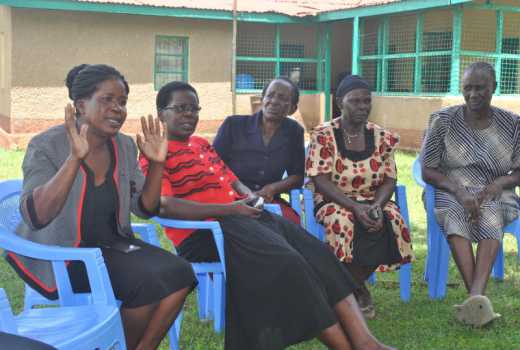×
The Standard e-Paper
Kenya’s Boldest Voice

Two families are embroiled in a court battle on who has the right to bury the body of a lecturer.
Beatrice Nyongesa died on March 15 while undergoing cancer treatment at the Nairobi Women’s Hospital.